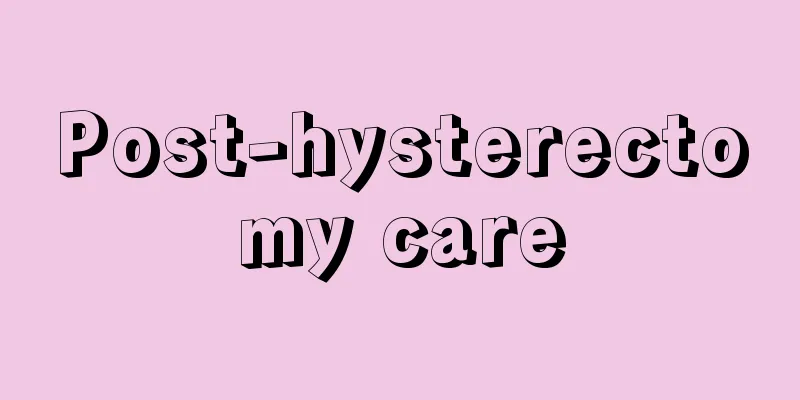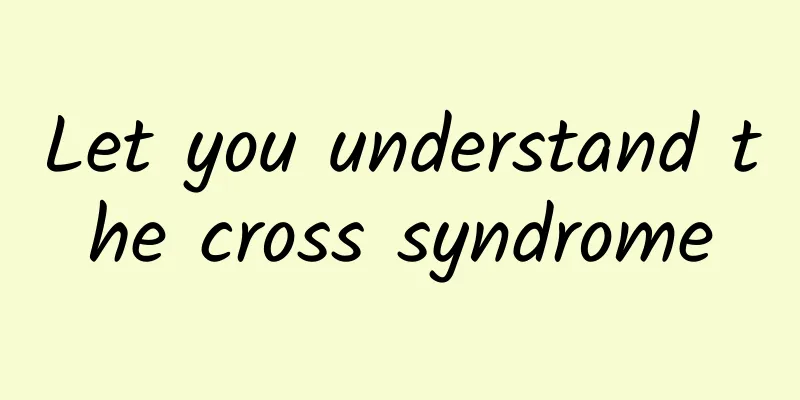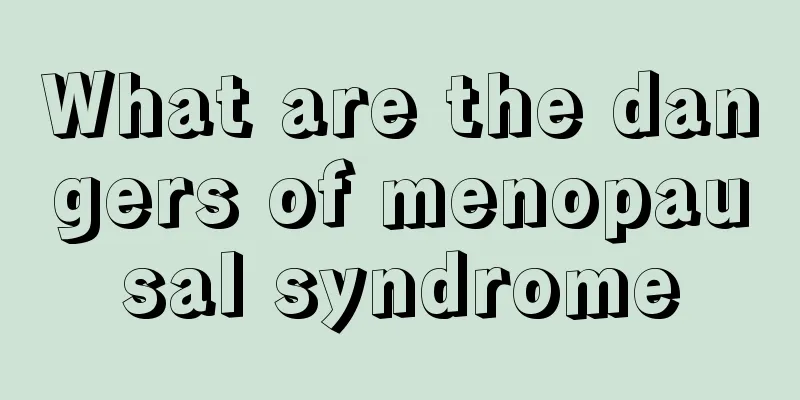Post-hysterectomy care

|
Uterine fibroids are a common disease all over the world, especially among middle-aged women over 40 who may suffer from them if they are not careful. Doctors generally recommend that small fibroids do not require special treatment, but large fibroids require surgical removal, and multiple uterine fibroids often require the uterus to be removed. I believe everyone would like to know about the maintenance issues after hysterectomy. Let me answer them for you below. 1. Home care and precautions after hysterectomy: 1. People who have had a hysterectomy will no longer have menstruation. 2. 6-8 weeks after the operation, when the deep tissues in the pelvic cavity have recovered, you can have a normal sexual life. If you have undergone a total hysterectomy, you should abstain from sexual life for 3 months and avoid heavy physical labor. After 3 months, I returned to normal work and life. 3. Avoid lifting objects heavier than 3 kg, bending over to pick up objects, and climbing stairs within 6-8 weeks after surgery. You can use a belly band appropriately. 4. Avoid sitting for long periods of time, long-distance travel, yoga, rhythmic dance and other exercises that increase abdominal pressure within 3 months to avoid pelvic bleeding. 5. After using the toilet, wipe from front to back to avoid infection 6. Observe the wound daily to see if it is red, swollen, hot, painful or has abnormal secretions. If you have any of the above symptoms, please return to the doctor as soon as possible. 7. Eat more fruits and vegetables and high-fiber foods, and drink 2000-3000cc of water every day to prevent constipation. 8. People who have had bilateral oophorectomy are more likely to develop osteoporosis. They should increase their calcium and hormone intake, such as animal bones, dried fish, soy foods, and exercise appropriately to avoid falls and fractures. 9. Avoid vaginal douching and tub bathing within 6 weeks 10. Eat more foods containing protein, vitamins and iron, such as fish soup, grapes, cherries, vegetables, etc. 11. There are no special dietary taboos, but try to eat less irritating and gas-producing foods. Although hysterectomy is not a major operation, it still has certain risks. If the post-operative care is not done properly, it will cause wound infection or adhesion of the uterus, which is very troublesome. Therefore, please be sure to pay attention to the care after hysterectomy. After the operation, patients should pay attention to rest more and pay attention to some taboos after the operation. |
<<: How to maintain your health after hysterectomy surgery
>>: How to maintain ovaries after hysterectomy?
Recommend
What are the symptoms of ovarian cyst rupture?
Ovarian cyst rupture means that the ovarian folli...
How to care for red and swollen caesarean section wound
Generally speaking, cesarean section is the metho...
What should I do if I still bleed after one week of pregnancy?
If a woman experiences vaginal bleeding during pr...
Can women drink alcohol during menstruation?
Female friends often joke with each other that th...
Can enema cure hydrosalpinx? How to cure it?
When a woman's fallopian tubes are blocked or...
How many days does it take to cure bacterial vaginitis?
Bacterial vaginitis, also known as bacterial vagi...
Women's intestinal cramps
Intestinal spasm is not unfamiliar to many people...
Nasopharyngeal cancer in women
Judging from the incidence rate of nasopharyngeal...
What is pregnancy chromosome test?
Chromosome examination after pregnancy is a parti...
What are the symptoms of menopause in a 40-year-old woman?
Usually the arrival of menstruation indicates tha...
How do you know if you have done your confinement well?
After giving birth, the body of a pregnant woman ...
What are the benefits of eating pumpkin seeds for men? Will eating pumpkin seeds cause internal heat
I wonder if you have heard of this saying: "...
At what age is it normal for little girls to have menstruation?
For children, development is regular, but with th...
How to choose nectarines? What are the disadvantages of eating too many nectarines?
Nectarines are easy to eat, because they are very...
Why do girls' pubic hairs itch?
Women's pubic hair has the function of protec...









